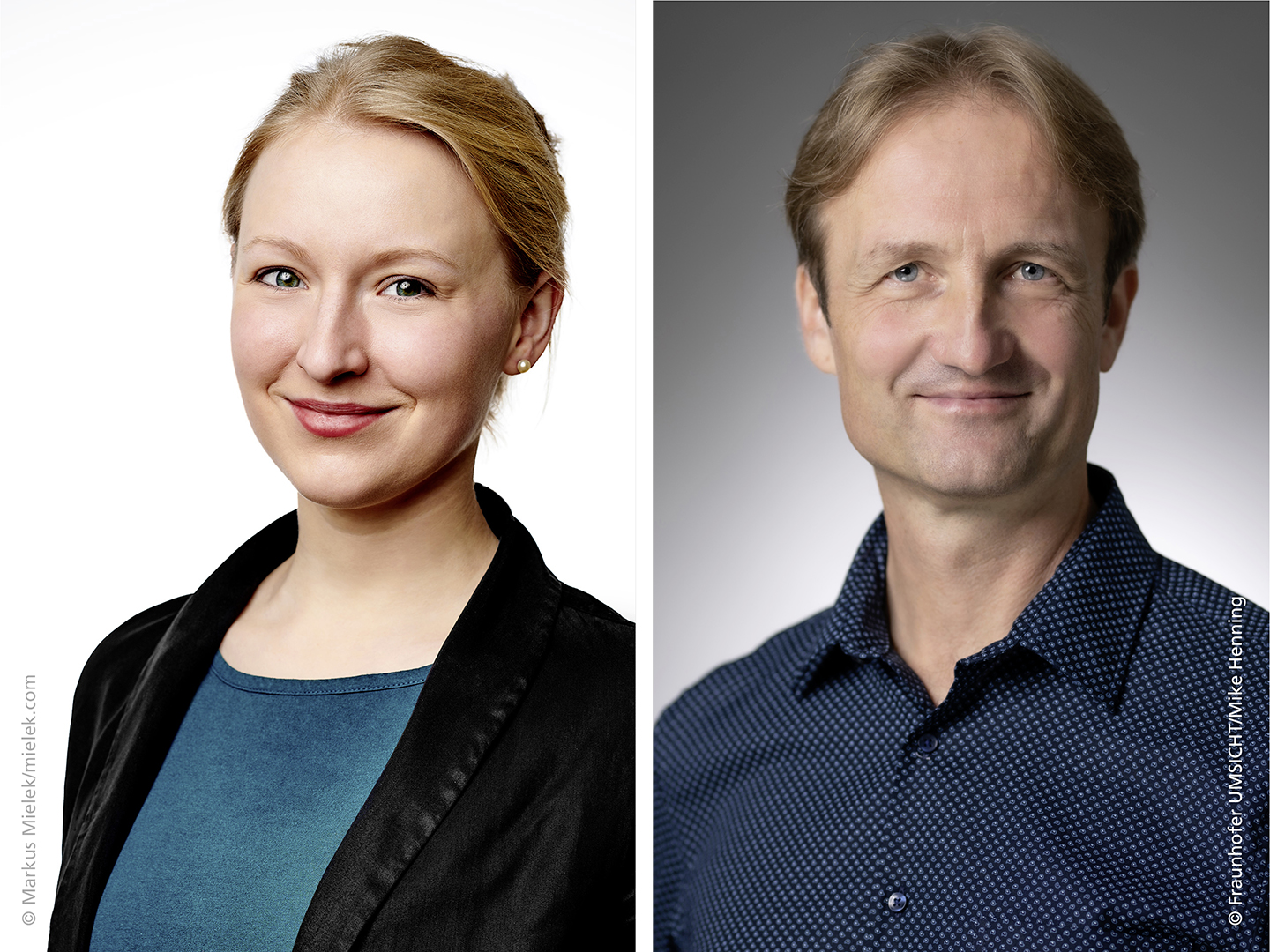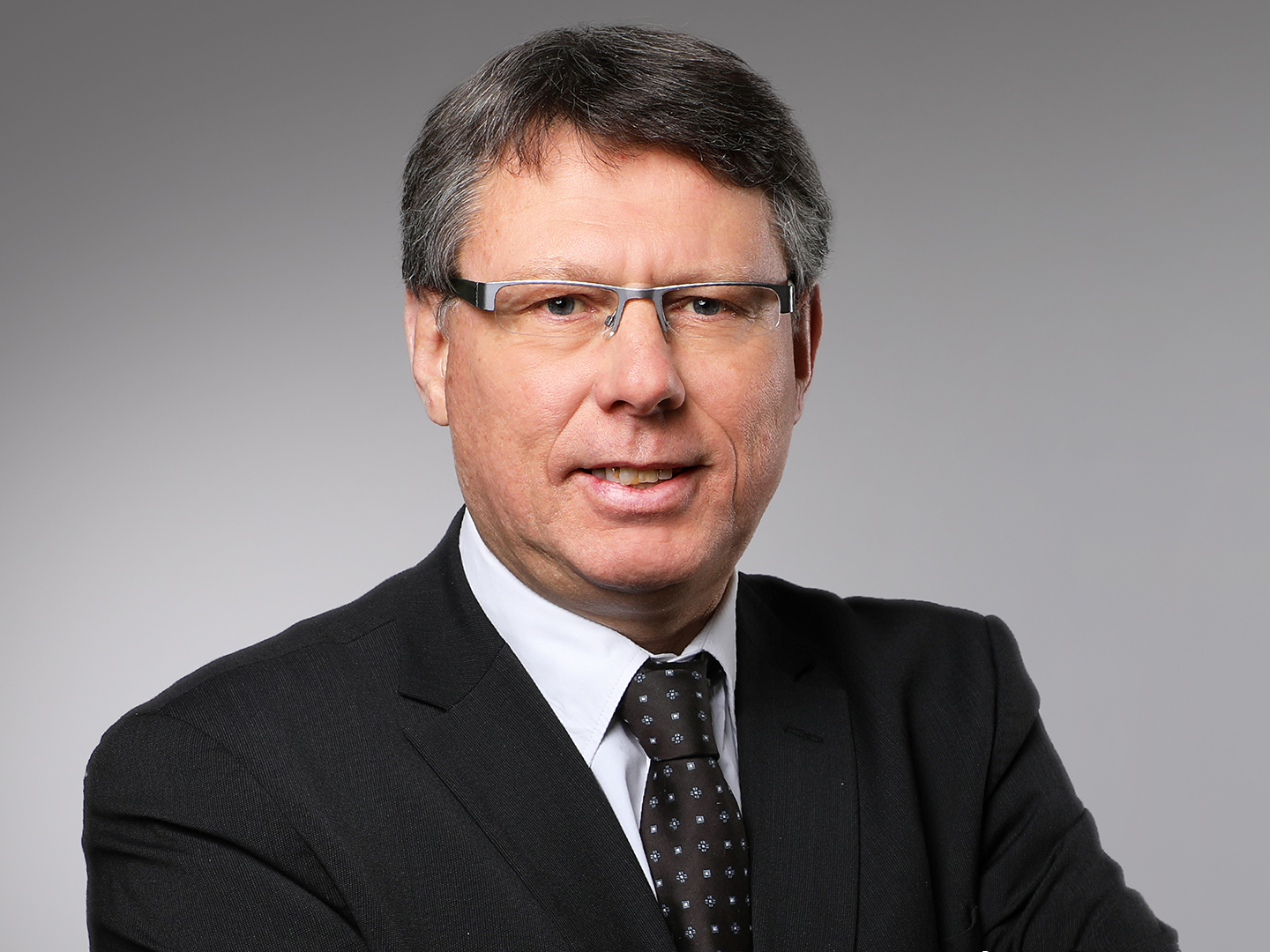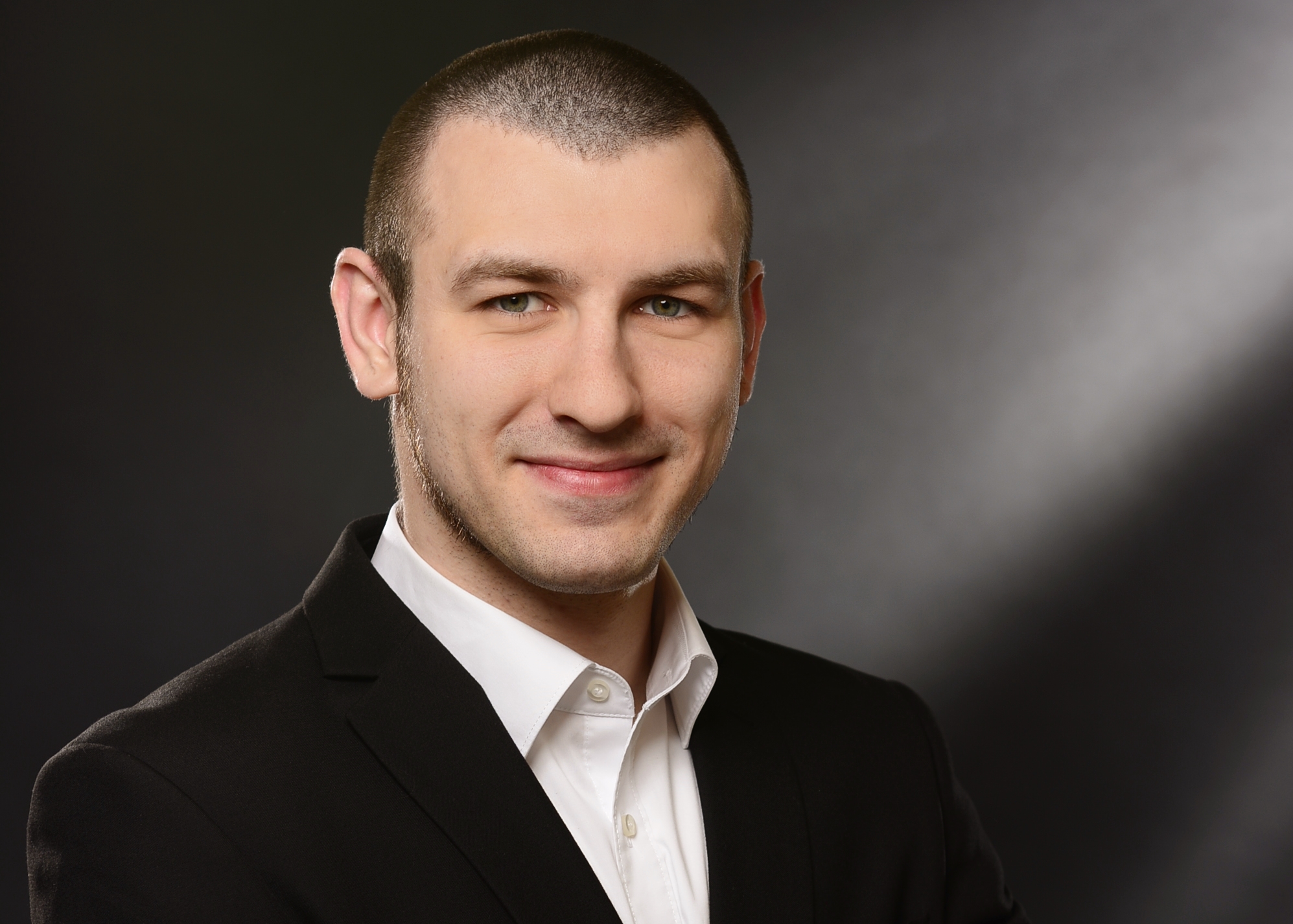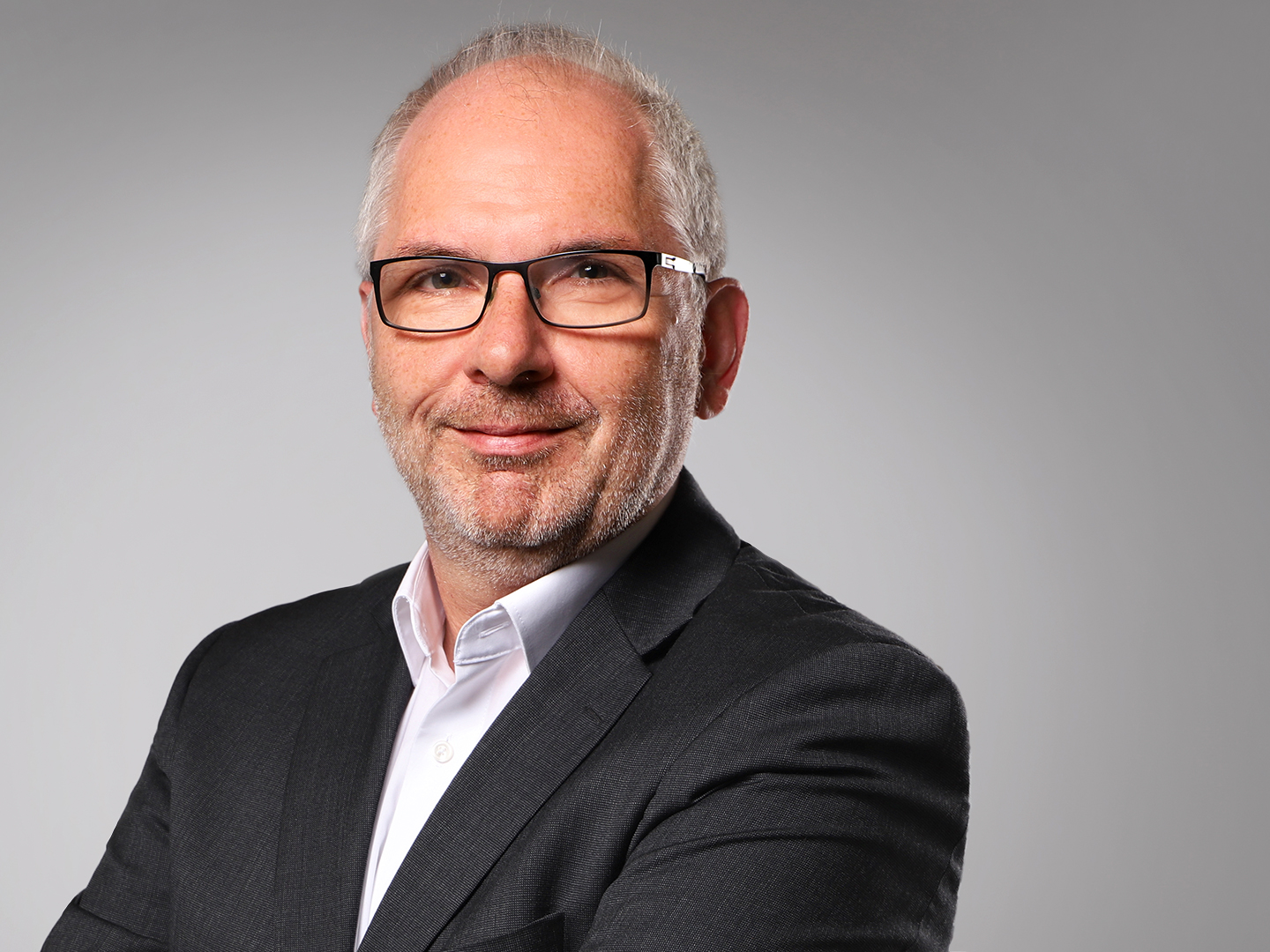What role does hydrogen play in the energy transition? Where is the potential for urban agriculture? And what could a circular plastics economy look like? Scientists at Fraunhofer UMSICHT get to the bottom of current economic and social issues. In interviews, they provide insights into their work, categorize topics and take a stand.
Interviews with UMSICHT researchers
Interviews
Anna Grevé on the UMSICHT Research School

The UMSICHT Research School is celebrating its tenth anniversary. Since its founding, it has supported doctoral students on their path to a doctorate and provided opportunities for exchange, structure, and support. The numbers show that the concept is working: around 90 doctoral students have already successfully completed the program. In this interview, initiator Prof. Dr.-Ing. Anna Grevé talks about how it all began – and what makes the UMSICHT Research School what it is today.
Anja Gerstenmeier on 25 years of infernum

For 25 years, the Interdisciplinary Distance Studies in Environmental Sciences (infernum) – offered by the FernUniversität in Hagen in scientific cooperation with Fraunhofer UMSICHT – has stood for successful education for sustainable development. Anja Gerstenmeier, head of the UMSICHT Academy department and the infernum office at Fraunhofer UMSICHT, takes this anniversary as an opportunity to take a trip down memory lane in interview form: from the beginnings with 43 students and traditional study letters to the needs-oriented blended learning concept, which currently enables over 500 students to obtain a qualification in environmental sciences and sustainability.
Dr. Thorsten Wack is explaining the work in the subproject "System Integration"

The “System Integration” subproject plays a central role in Carbon2Chem®. All the results are brought together, and technological transformation paths for recycling CO2 from industrial process gases are developed and evaluated. In this interview, Dr. Thorsten Wack explains how this process works in practice and describes the tools used.
Dr.-Ing. Torsten Müller on the work in the subproject "Coordination and Communication"

Carbon2Chem® is in its final phase. In the third and final phase of the project, funded by the German Federal Ministry of Research, Technology, and Space, the goal is to prepare the CO2 cycling concepts and technologies developed for industrial use in the steel industry and to transfer them to other sectors. We asked Dr. Torsten Müller what this means for the “Coordination and Communication” subproject. In this interview, he discusses current tasks, presents key results, and talks about the economic significance of carbon capture and utilization (CCU).
Ilka Gehrke on resource conflicts in the hydrogen economy

The energy transition in Germany continues to gain momentum. However, there are still conflicts of use in various areas. For example, the resource water has not been sufficiently taken into account in the planning of hydrogen hubs. This is despite the growing importance of Greens hydrogen and increasing water scarcity in individual regions. An interdisciplinary consortium led by Fraunhofer UMSICHT is bringing together the various stakeholders in the "EnAqua Dialogue". The goal is to develop solutions that simultaneously meet the needs of the energy transition, local environmental conditions, and societal expectations. We spoke with Dr.-Ing. Ilka Gehrke, head of the project.
Christoph Glasner and Sebastian Stießel on carbon management

CO2 emitters and CO2 users are located close to each other in Germany. Dr. Christoph Glasner and Dr. Sebastian Stießel are convinced that this provides favorable conditions for sustainable carbon management and Carbon Capture and Utilization (CCU). In this interview, the Fraunhofer UMSICHT scientists shed light on the opportunities and challenges of carbon management. They present innovative technical approaches that contribute both to the defossilization of industries and to the establishment of new markets, also showing how Fraunhofer UMSICHT supports companies on their way to shaping a climate-friendly future.
Anna Grevé and Michael Joemann on composite bipolar plates

Fraunhofer UMSICHT has been developing composite bipolar plates for over ten years. At the heart of the technology is a patented powder-to-roll process that enables the plates to be manufactured in a material- and resource-efficient manner and with low material thicknesses. In this interview, Prof. Dr.-Ing. Anna Grevé and Dr.-Ing. Michael Joemann from our Electrochemical Energy Storage department talk about the advantages over other technologies, possible applications and potential, ongoing research projects, and options for collaboration.
Miriam Gerlach on diversity at Fraunhofer UMSICHT

Our diversity statement was developed with the involvement of all employees. It expresses our commitment to diversity, equality and inclusion and serves as a guiding framework – both for day-to-day interaction at the institute and for all measures in our diversity management strategy. On Diversity Day, we spoke to the colleague who held many of the strings in her hand during the creation process: Dr. Miriam Gerlach from HR Development. Her personal goal: to create the basis for ensuring that all employees are given the same conditions and have the opportunity to develop their expertise and expand their potential across management and specialist levels.
Sonja Witkowski and Carsten Beier on Local Energy Systems

If urban districts or industrial areas are to be made climate-neutral, there are many different ways to achieve this goal – from building refurbishment and the efficient use of renewable energies to the transformation of local infrastructures. But which of these paths makes the most economic sense and also guarantees the support of stakeholders? The researchers at Fraunhofer UMSICHT provide support in answering this question: They analyze prerequisites, framework parameters and technological options and develop customer-specific transformation plans on this basis. Sonja Witkowski and Carsten Beier explain what this looks like in practice.
Stephan Kabasci and Jochen Nühlen on the path to the circular economy

Circular economy = recycling waste? Not only! Dr.-Ing. Stephan Kabasci and Dr.-Ing. Jochen Nühlen make it clear in an interview that there is much more to circular economy than recycling. The scientists also talk about the challenges on the road to the circular economy and explain how Fraunhofer UMSICHT can help overcome these hurdles – whether by developing technologies and materials or providing advice on the circular transformation.
Dr. Anna Kerps on transnational plastic recycling

In the Syschemiq project, 21 organizations from all over Europe have been working for around 1.5 years to improve plastic recycling in the trilateral region of Belgium, the Netherlands and North Rhine-Westphalia. Dr. Anna Kerps, Sustainability and Participation Department at Fraunhofer UMSICHT, explains in an interview how systems for the collection, sorting and pre-treatment of plastic can be optimized, how awareness of the issue should be raised in society and why life cycle assessments are so important for design for recycling.
Dr.-Ing. Christoph Glasner on the transformation of the basic materials industry

Fundamental changes are needed if North Rhine-Westphalia is to become a climate-neutral industrial location and remain competitive at the same time. In addition to new production processes and production methods, an optimized infrastructure and adapted framework conditions are required above all. The IN4climate.NRW think tank provides input for this. Representatives from industry, science and politics are meeting here for the first time to provide impetus for the transformation of the raw materials industry. Christoph Glasner from Fraunhofer UMSICHT has been involved right from the start.
to the interview about the transformation of the basic material industry
Dr.-Ing. Esther Stahl and Dr.-Ing. Sebastian Stießel on the development of a hydrogen economy

Green Hydrogen is one of Fraunhofer UMSICHT's key research topics. In this interview, Dr.-Ing. Esther Stahl and Dr.-Ing. Sebastian Stießel discuss the role of green hydrogen in making our economy climate neutral. They highlight both challenges and opportunities and explain how our scientists can support the development of a hydrogen economy – from the production, use and storage of green hydrogen to the evaluation of systems and locations where hydrogen is to be used.
Dr.-Ing. Norman Kienzle on the "Leuna 100" project

Realizing a market-ready and scalable production of green methanol for shipping and aviation – this is the objective of the "Leuna 100" project. Fraunhofer UMSICHT is part of the consortium together with the Climate-Tech-Start-up C1, Fraunhofer IWES, the DBI-Gastechnologisches Institut gGmbH Freiberg and the Technical University of Berlin. In this interview, Dr.-Ing. Norman Kienzle provides insights into the research, talks about the challenges and explains where UMSICHT's focus lies in the joint work.
to the interview about decarbonization and methanol production
Stefano Bruzzano on the PFAS problem and the PerfluorAd® treatment technology

The EU is planning to ban the manufacturing and utilization of perfluoroalkyl and polyfluoroalkyl substances (PFAS). This is an important step towards limiting emissions of PFAS pollutants – given the approach is differentiated and appropriate. Dr. Stefano Bruzzano, co-developer of the PerfluorAd® treatment technology, talks about ecologically and economically sensible ways to reduce PFAS.
Torben Daun and Johannes Voß on dynamic methanol synthesis

Torben Daun and Johannes Voß are working on their doctorates at Fraunhofer UMSICHT and are researching methanol production from metallurgical gases as part of the Carbon2Chem® project. Their research concerns the behavior of the catalyst system and process under changing conditions or gas compositions. They also intend to digitally model the entire dynamic synthesis of methanol.
Kai Girod on catalyst tests for methanol production using real gases

Dr. Kai Girod from the chemical energy storage department is working at a technical center on the thyssenkrupp Steel industrial site in Duisburg as part of the Carbon2Chem® project. His work involves testing catalysts for methanol production with real gases from the steel mill.
Hartmut Pflaum on CIRCONOMY® Hubs

Putting sustainable production, sustainable consumption and the circular economy into practice requires systemic and technical solutions. The Fraunhofer-Gesellschaft proposes to achieve this via a Germany-wide network of CIRCONOMY® Hubs. In this interview, Dr. Hartmut Pflaum explains the thought process behind this idea and the various ways these hubs can be implemented. He is the project manager of the CIRCONOMY® initiative.
Marvin Kosin on stable and cost-effective storage technologies

During the oil crisis in the 1970s, it was talked about as a storage technology – only to disappear into a drawer again afterwards. For some years now, it has been experiencing a renaissance: In the search for reliable stationary energy storage systems that can compensate for the fluctuating power generation by means of photovoltaic or wind energy plants, researchers have once again come across the iron-air battery. Among them is a team from Fraunhofer UMSICHT and the Ruhr West University of Applied Sciences. Marvin Kosin, doctoral student in the Electrochemical Energy Storage department, talks in the interview about the joint work on a demonstrator as part of the project "Development of an Iron-Air Battery Stack as Stationary Energy Storage for Photovoltaics" (ELUSTAT).
Interview with Tim Schulzke and Stefan Schlüter

The second phase of the joint project Carbon2Chem® is currently underway. One of its aims is to validate the large-scale implementation of sustainable methanol production based on metallurgical gases. What are the next steps? What is the significance of simulation for real plant operation? Tim Schulzke and Stefan Schlüter in an interview.
Torsten Müller on the Carbon2Chem® sub-project “Coordination and communication”

The second phase of the Carbon2Chem® joint project is intended to lay the foundations for the large-scale implementation of the project results. Compared to the first phase, the focus is therefore even more on cooperation within the overall consortium. Coordination and communication therefore play a very important role. Torsten Müller reports in an interview on the work in the sub-project of the same name.
Interview about the Carbon2Chem® sub-project “Coordination and communication”
Interview with Jan Girschik

Are redox flow batteries the large-scale energy storage systems of the future? In this interview, Jan Girschik, scientist in the Energy division at Fraunhofer UMSICHT, explains the functions and applications of energy storage systems.
Prof. Dr.-Ing. Görge Deerberg on the joint project Carbon2Chem®

An improvement in climate protection requires not only a reduction in CO2 emissions but also an improvement in the use of fossil raw materials. This can be achieved with Carbon2Chem®.
Jan Girschik on electrochemical reactors

The virtual "E3C – Electrochemical Cell Concepts Colloquium" will take place on 14 May. Organizer Jan Girschik has answered some questions about electrochemical reactors, their applications and commonalities.
to the interview about electrochemical reactors
Hartmut Pflaum on a circular plastics economy

The Fraunhofer Institutes UMSICHT, IAP, ICT, IML and LBF are committed to creating a circular plastics industry. As a Cluster of Excellence ˮCircular Plastics Economyˮ – CCPE for short - they want to develop prototypes for new plastics, additives and compounds. They also focus on reusable packaging for the online trade and child car seats to demonstrate what products with circular properties look like. What sounds like a simple basic idea is complex to implement, reveals UMSICHT scientist and cluster office manager Dr. Hartmut Pflaum in an interview.
 Fraunhofer Institute for Environmental, Safety and Energy Technology UMSICHT
Fraunhofer Institute for Environmental, Safety and Energy Technology UMSICHT